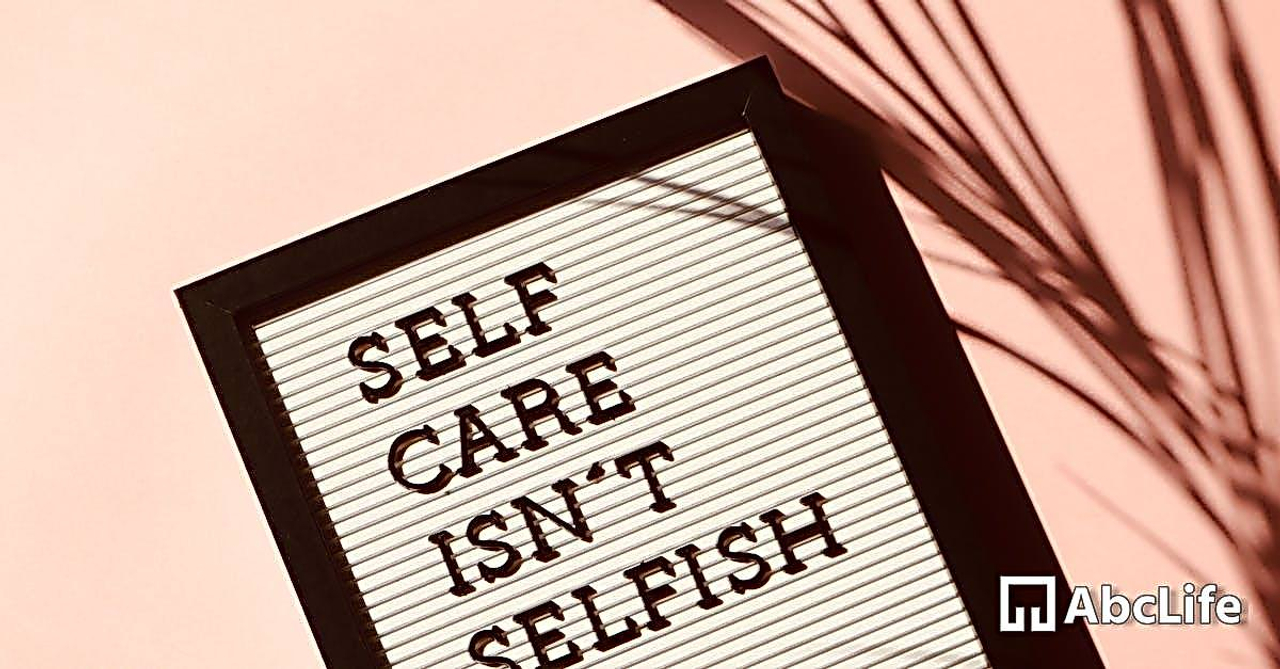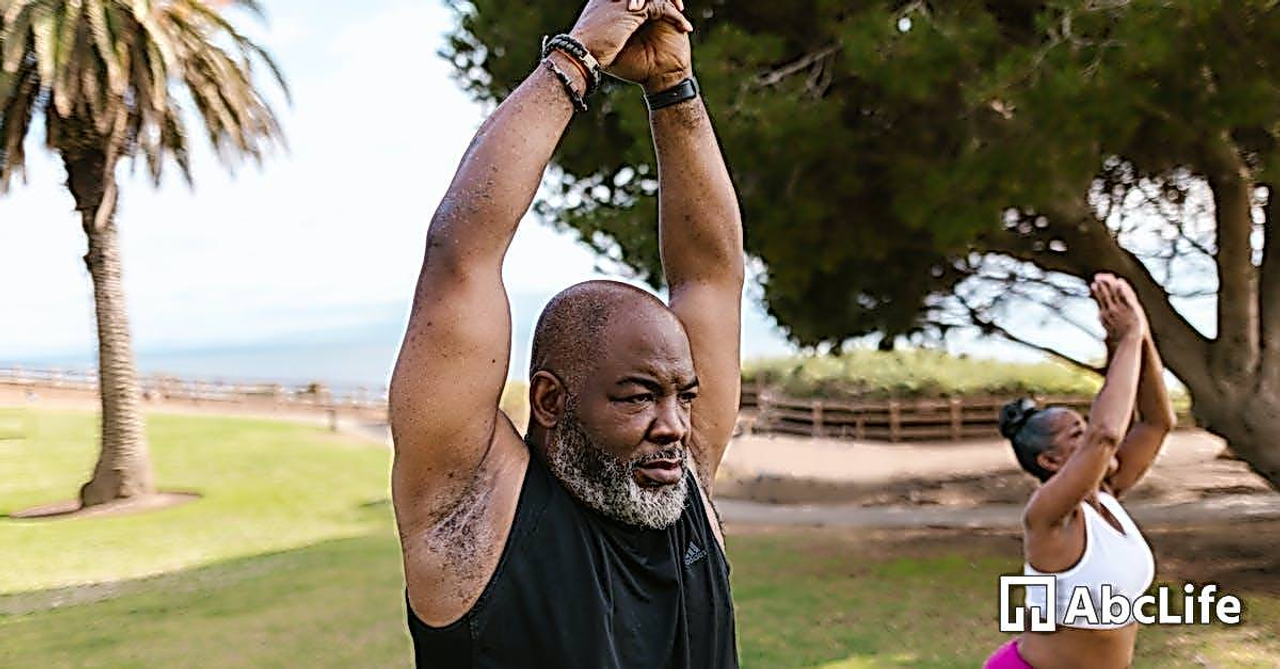Do you have anxiety or stress? Do you want to improve your mental health without resorting to medication? Look no further! You can improve your mood, reduce stress, and improve your overall quality of life with these 5 Surprising Ways to Boost Your Mental Health Naturally. These methods, which range from practicing gratitude to spending more time in nature, are simple to incorporate into your daily routine. Continue reading to learn how to take control of your mental health and start feeling better naturally!
The Power of Gratitude to Boost Your Mental Health

The act of being thankful and appreciative for what we have in life is known as gratitude. It's a strong emotion that can help us develop a positive mindset and improve our mental health. When we concentrate on what we are grateful for, we divert our attention away from negative thoughts and worries and toward the present moment.
According to research, practicing gratitude can have a variety of mental health benefits. According to research, people who regularly practice gratitude have higher levels of positive emotions, better sleep quality, and lower levels of stress and depression. Grateful people are also more optimistic about the future and more satisfied with their lives.
How to Cultivate Gratitude
Practicing gratitude does not have to be difficult. There are numerous small things we can do on a daily basis to cultivate this powerful emotion. Start a gratitude journal in which you write down three things you're grateful for each day. Another option is to express gratitude to those around you by thanking them or sending a thoughtful note. You can also make it a habit to spend a few minutes every day reflecting on what you're grateful for.
Finally, gratitude is a powerful tool for improving our mental health. We can reduce stress, improve our mood, and cultivate a greater sense of well-being by focusing on the positive aspects of our lives. So, why not make gratitude a part of your daily routine?
The Benefits of Time in Nature

Spending time in nature has numerous mental health benefits. The sound of birds chirping, the scent of fresh blossoms, and the cool breeze can help us relax and reduce stress. Spending time in nature has been shown in studies to help reduce symptoms of depression and anxiety. This is because nature has a calming effect and can help to lower cortisol levels, the stress hormone.
Nature also provides a chance to disconnect from technology and the hustle and bustle of daily life. This can help us clear our minds and focus better. A walk through the park or a hike in the mountains can help us feel refreshed and energized. This is due to the fact that spending time in nature can boost endorphin levels, which are hormones that make us feel good.
To summarize, spending time in nature is an excellent way to naturally improve our mental health. We can all benefit from nature's healing power, whether we enjoy hiking, picnics, or simply sitting and reading a book in the park. So, the next time we need to unwind, let's take a break from our hectic schedules and go for a walk in the woods.
Breathing and Mindfulness Techniques
Breathing and mindfulness techniques are effective tools for reducing stress and improving mental health. Mindfulness entails being fully engaged in the task or activity at hand and being present in the moment. You can reduce anxiety and worry about the future by focusing on the present, which can have a negative impact on your mental health.
Breathing exercises are one of the most effective mindfulness techniques. Breathing exercises can aid in the reduction of stress and anxiety. Deep breathing exercises can be practiced by taking slow, deep breaths in through your nose and out through your mouth. You can slow your heart rate and relax your body by focusing on your breath.
Breathing and mindfulness techniques are simple to use and can be done at any time or place, making them a natural and convenient way to improve your mental health. Taking a few minutes to focus on your breath can restore mental clarity and give you the energy you need to tackle the day ahead, whether you are at work, at home, or even stuck in traffic.
The Importance of Social Connection
Humans are social creatures, and social connection is essential to our well-being. According to research, social connection has a significant impact on both our physical and mental health. A strong social network gives us emotional support, a sense of belonging, and security. Conversely, social isolation and loneliness can be harmful to our health, increasing our risk of depression, anxiety, and cognitive decline.
Spending time with close family and friends, participating in social activities, and volunteering in your community are all ways to connect socially. It is critical to prioritize social connection in our lives, particularly during times of stress or adversity. Starting a conversation with a stranger, going to a social event, or reaching out to a friend who is struggling can all help our mental health. We cultivate a sense of purpose, self-worth, and overall happiness by maintaining social connections.
The Healing Properties of Music
Music has a powerful healing effect on the mind and body; it is more than just a form of entertainment. Dopamine, the neurotransmitter associated with pleasure and reward, is released when one listens to music, which can improve one's mood, reduce anxiety and depression, and promote relaxation. Music can foster an emotional connection, allowing people to express and release their emotions and thus help them cope with stress and emotional pain.
Furthermore, playing an instrument or singing can provide a sense of accomplishment, which can boost self-esteem and confidence. Learning and practicing music also aids in the enhancement of cognitive function, memory, and concentration. Music therapy has been used successfully to treat a variety of mental health conditions, including autism, PTSD, and dementia.
Conclusion
While music cannot replace professional mental health treatment, it can be an effective tool in promoting mental health. Whether it's listening to your favorite song on your commute, picking up a guitar on a relaxing weekend, or taking part in a group music therapy session, incorporating music into your life can provide numerous mental health benefits.
The Role of Nutrition in Mental Health
Nutrition is just as important for mental health as it is for physical health. The nutrients we get from our food play an important role in brain function, mood regulation, and emotional well-being. Certain nutrients, according to research, can improve mental health outcomes and lower the risk of developing mental health problems.
Omega-3 fatty acids found in fatty fish such as salmon, sardines, and mackerel have been shown to help with mood disorders such as depression and anxiety. Similarly, antioxidant-rich whole grains, leafy green vegetables, and berries have been shown to improve mental health. Vitamin D from sunlight or supplements has been linked to a reduction in depression and anxiety symptoms. Consuming foods high in sugar, unhealthy fats, and processed foods, on the other hand, can have a negative impact on mental health.
Finding Joy in Hobbies and Creativity
Hobbies and creative pursuits can be a great way to improve your mental health and well-being. When we devote time to activities that we enjoy and allow us to express ourselves, we experience a sense of joy and fulfillment that can help us cope with stress, anxiety, and even depression.
Whether it's painting, dancing, playing music, writing, or any other activity that interests you, the act of creating something can have a significant impact on our mood and mindset. Hobbies and creative pursuits can act as a form of therapy, giving us a much-needed break from the stresses of everyday life and allowing us to connect with something more meaningful.
Hobbies and creativity can help us develop new skills and boost our self-esteem, in addition to improving our mental health. Engaging in a favorite activity and seeing the fruits of our labor can provide us with a sense of accomplishment and pride, which can contribute to overall feelings of well-being.
If you want to improve your mental health naturally, consider taking up a hobby or creative pursuit that you enjoy. Taking the time to engage in activities that fulfill and inspire you, whether it's something you've always loved or a new activity you've been meaning to try, can be an incredibly effective way to improve your overall sense of wellbeing.











